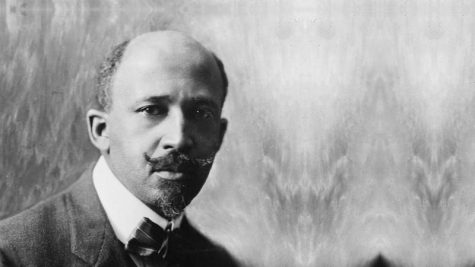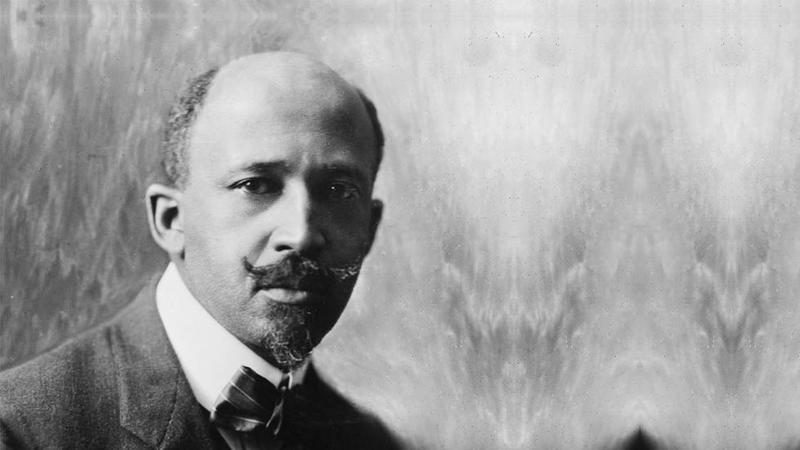BHM Profile: W.E.B Du Bois
https://hutchinscenter.fas.harvard.edu/web-dubois
William Edward Burghardt Du Bois, also known as W.E.B Du Bois, was born in Great Barrington, Massachusetts on February 23, 1868. He was the first African-American to receive a PhD from Harvard. Du Boise’s Black nationalism took several forms, the most influential of which was his pioneering advocacy of Pan-Africanism, the belief that all people of African descent shared common interests and should work together to achieve freedom. In the face of racism, Du Bois concluded that social change could be achieved through agitation and protests. He disagreed with Booker T. Washington, who preached the philosophy of accommodation and urged African-Americans to accept discrimination. Du Bois’ famous book, “The Souls of Black Folk”, criticized Washington’s beliefs, and he also led the Niagara Movement, which aimed to undermine Washington’s platform. The source of information is from Britannica.
February 25, 2022

Du Boise’s Black nationalism took several forms, the most influential of which was his pioneering advocacy of Pan-Africanism, the belief that all people of African descent shared common interests and should work together to achieve freedom.
In the face of racism, Du Bois concluded that social change could be achieved through agitation and protests. He disagreed with Booker T. Washington, who preached the philosophy of accommodation and urged African-Americans to accept discrimination. Du Bois’ famous book, “The Souls of Black Folk”, criticized Washington’s beliefs, and he also led the Niagara Movement, which aimed to undermine Washington’s platform. The source of information is from Britannica.











